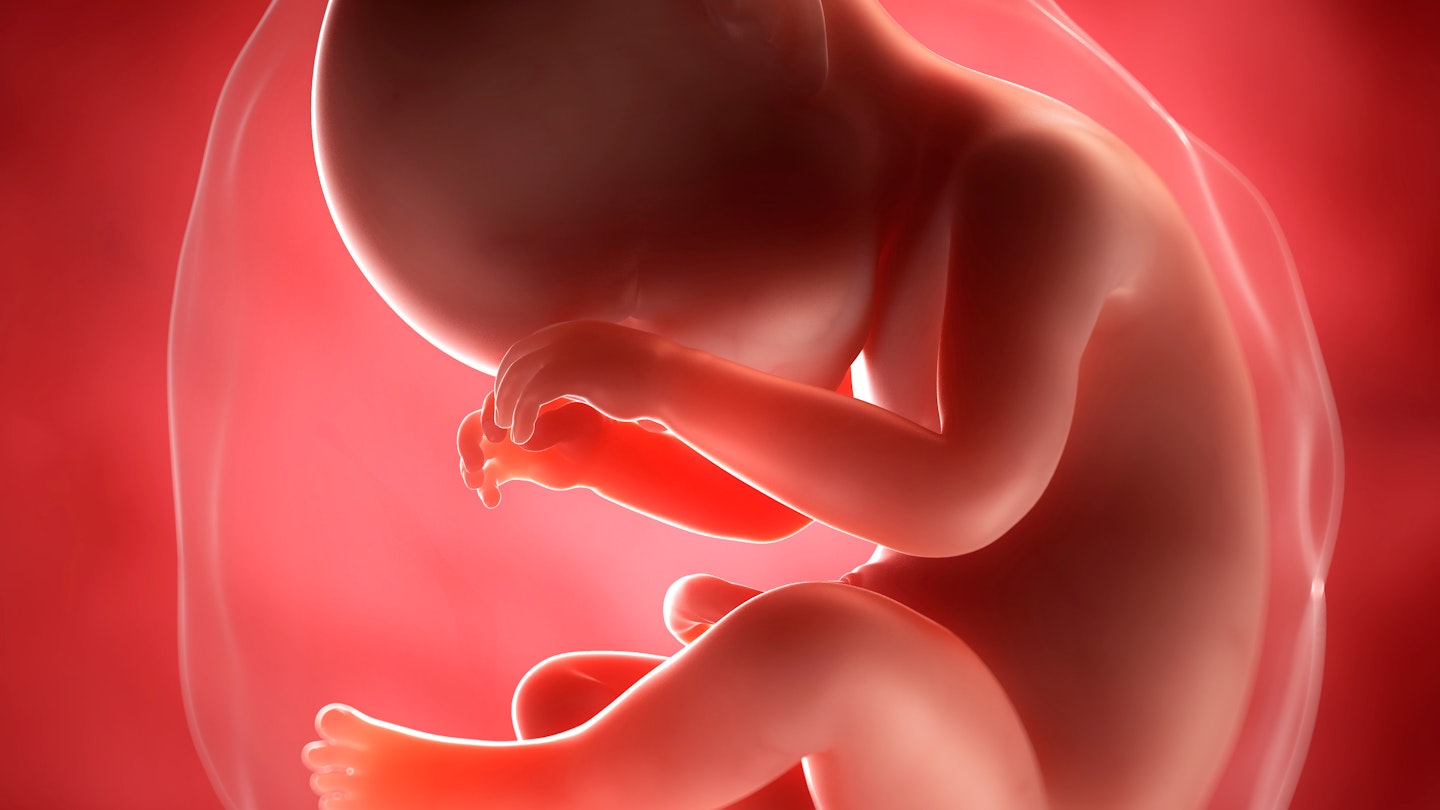At thirty-eight weeks pregnant, you just can’t stop peeing. Your baby is nearly ready to be born, and it’s time for your partner to help you plan ahead. Here is all the essential information you need to know about your baby, your body, what to do and any symptoms you might experience at 38 weeks pregnant.
How big is my baby at 38 weeks?
Your baby’s now the length of a leek, and is still growing rapidly, now weighing seven pounds and measuring around 20 inches in length. While it could be any time now that your baby decides to make their grand appearance, the maximum time is four weeks - so you’re so nearly there!
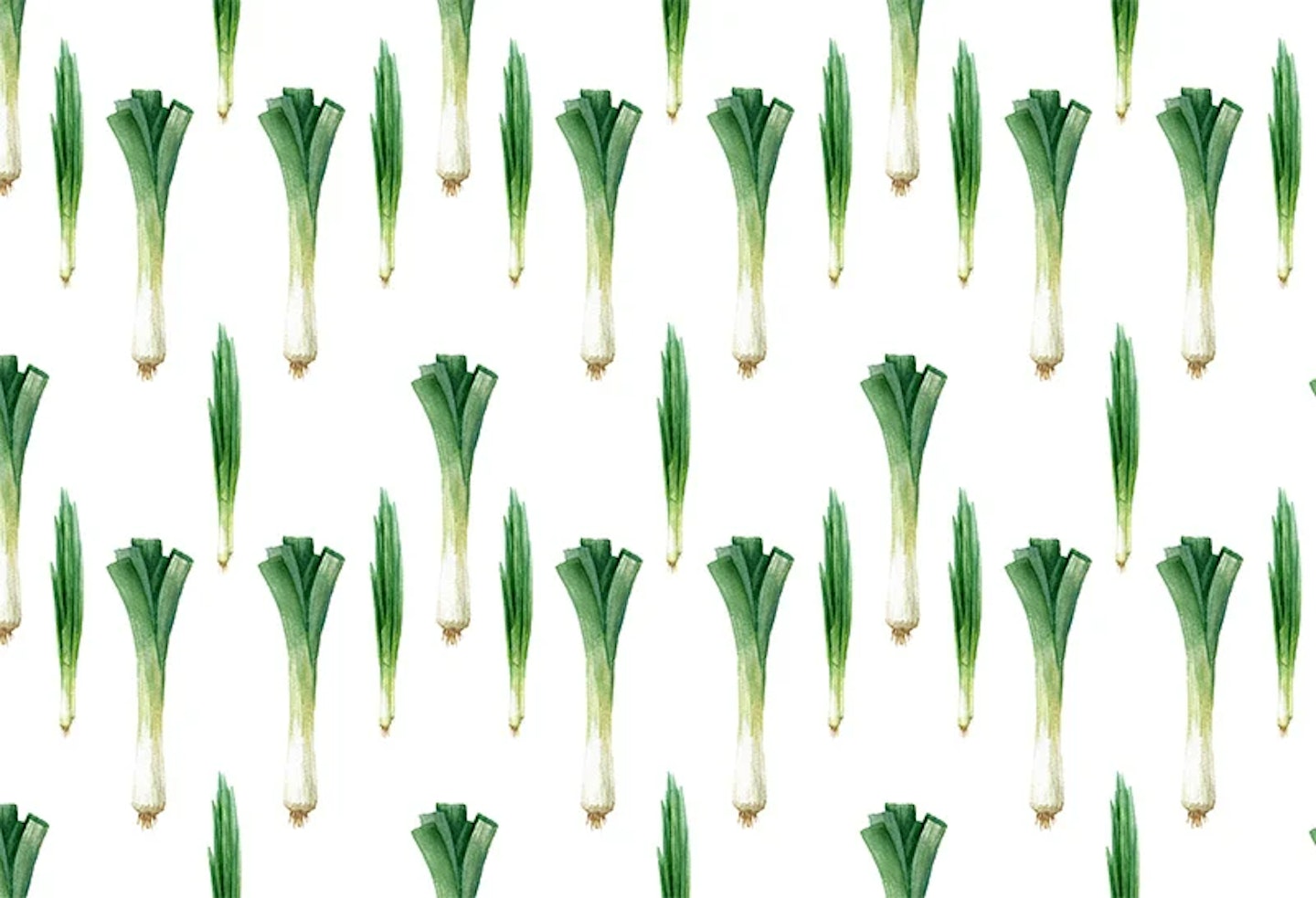
What’s my baby doing at 38 weeks?
Your baby is a fully functioning little human, though they are still practising breathing and swallowing. If you’ve got a little boy, then his testicles have descended into the scrotum by now.
And little girls might have slightly enlarged breasts (this is just the effect of your hormones and will go down after birth). Your placenta is also fully grown and weighs a whole one pound and nine ounces!
Your baby’s lungs are still maturing and producing surfactant, the substance that prevents the lungs’ air sacs from sticking together once they start to breathe. They will keep shedding vernix and lanugo and swallowing amniotic fluid.
Your baby’s irises - the coloured part of the eye - may gain more pigment in the months after they are born, but they usually won't get lighter or bluer, and green, hazel, and brown eyes have more pigment than grey or blue eyes.
They are also fine-tuning their brain and nervous system in these last important weeks, and also adding fat, perfect for creating a pair of adorable chubby cheeks for you to squeeze.
As for eye colour, you might not be able to tell right away. If they are born with brown eyes, they'll probably stay brown, whereas if they are born with grey or dark blue eyes, they may stay grey or blue or turn green, hazel, or brown by the time they are nine months old. The reason for this is that your baby’s irises - the coloured part of the eye - may gain more pigment in the months after they are born, but they usually won't get lighter or bluer, and green, hazel, and brown eyes have more pigment than grey or blue eyes.
What to do this week:
Make a dad-to-be checklist! Some fathers feel like they’re a spare part around now – but they’re far from it. There are loads of things they can do to help you out. Make a list and stick it to the fridge – it’ll make him feel needed and important, which of course he is, and it’ll also help you feel more in control of what's going on. Here are some ideas of things you and he can do at thirty-eight weeks:
 1 of 9
1 of 9Make a list of important contacts
Put the emails and phone numbers of all the doctors, antenatal experts and friends you can call on for advice and support into a list so you have it all in one place.
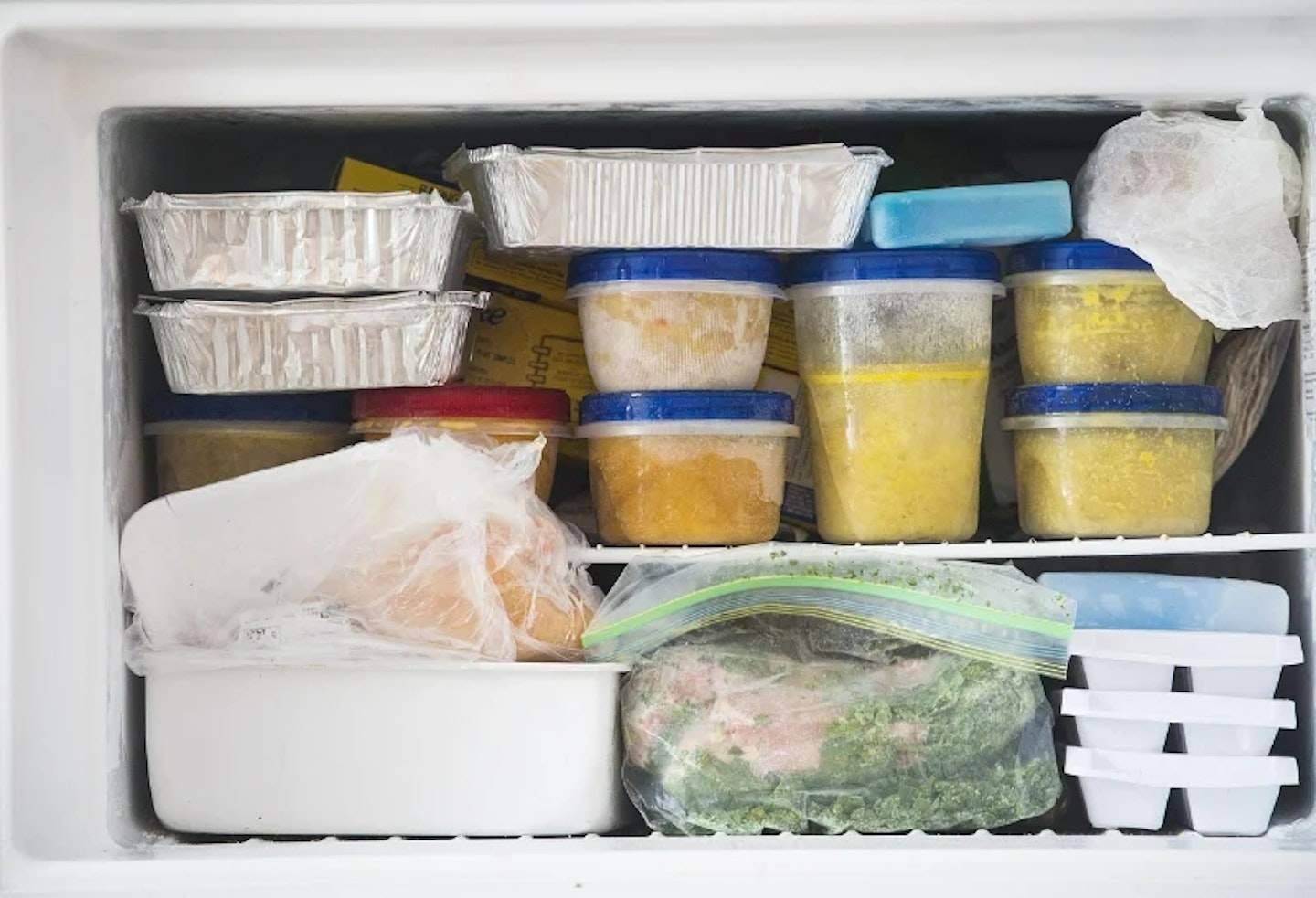 2 of 9
2 of 9Stock up
Stock up on a month’s worth of grocery essentials, and some simple ready meals you can freeze. (Or, if he’s handy in the kitchen, get him to cook loads of things that you can freeze for nights when you’re both just too busy to cook.)
 3 of 9
3 of 9Have a date night
Plan a ‘date night’ for this week. Organise an evening during which you make each other feel loved and special (it won't be easy to do this once the little one is born).
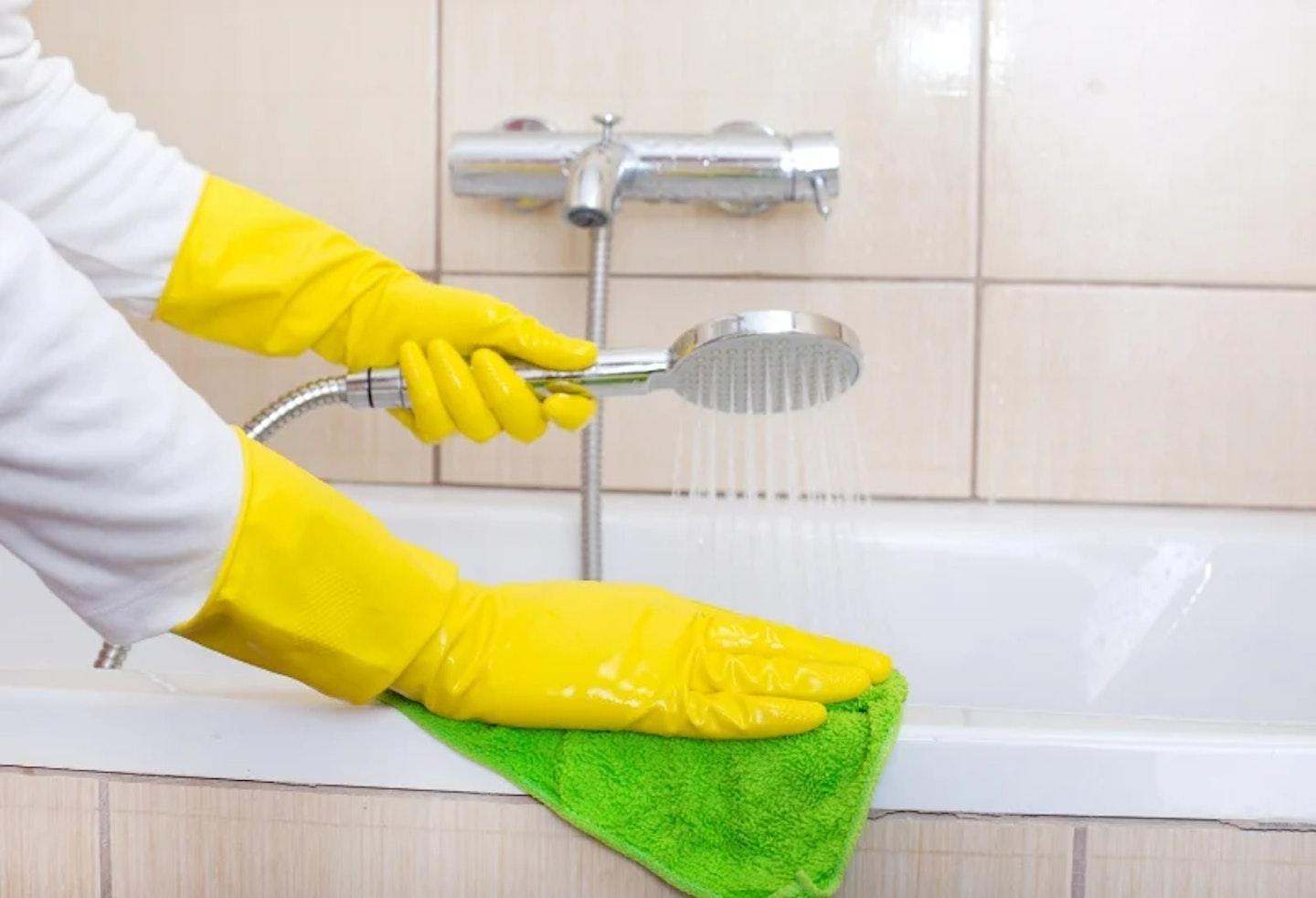 4 of 9
4 of 9Clean out the bath
Your stomach is too big to do this now so this is a great job for the dad-to-be. A warm bath can be really relaxing in the early stages of labour or after the birth if you are feeling sore.
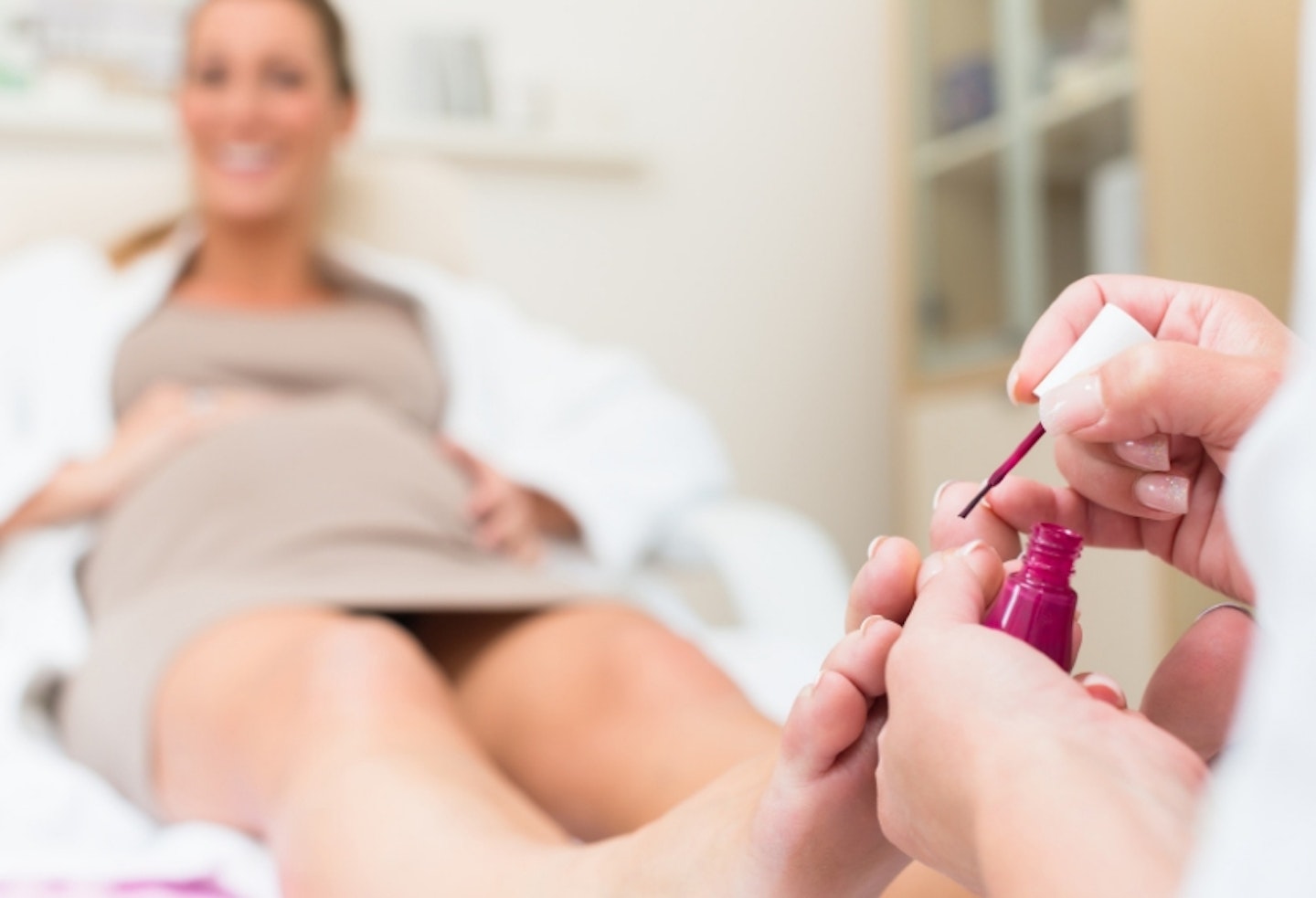 5 of 9
5 of 9Get yourself a pedicure
You haven’t been able to see your toes for a while, let alone groom them! It is important you do a bit of self-care before the big day. Pregnancy can be a stressful experience so you should take the chance to treat yourself and help you relax.
 6 of 9
6 of 9Check the baby car seat
We assume you've already got one or you are really leaving it to the last minute. At this stage of pregnancy, it could happen at any time! You want to make sure if you are taken by surprise that you have a safe way to get your baby home. Make sure that it is installed correcetly.
 7 of 9
7 of 9Fill up the car with petrol
Just like with the car seat, your labour could come early and you don't want to find you have no petrol. Keep it topped up at all times and don't risk that warning light!
 8 of 9
8 of 9Read up
Read up on anything you haven't covered so that you feel clued up and confidence. You and the dad-to-be should make sure you learn more about postnatal depression and warning signs to watch out for.
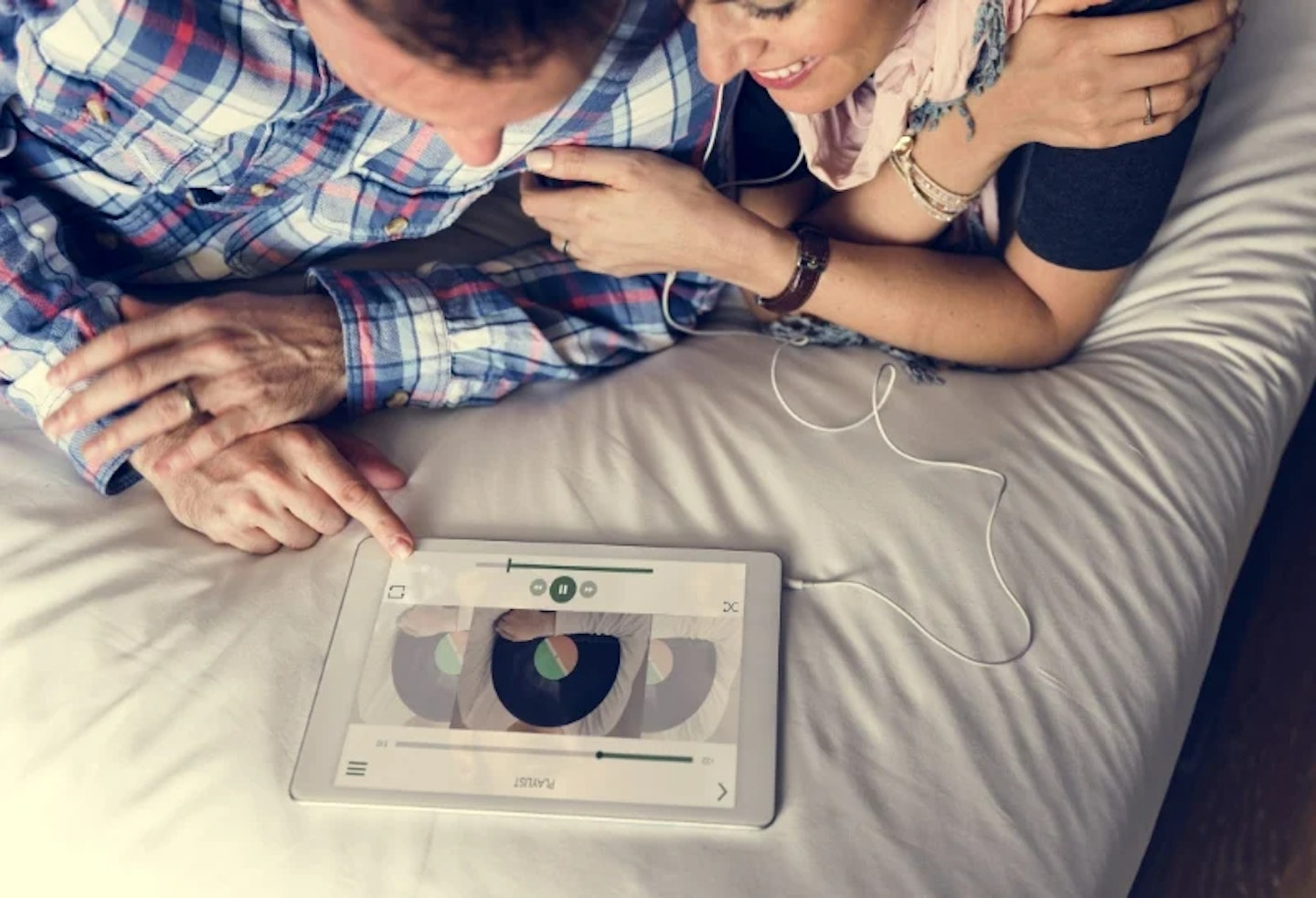 9 of 9
9 of 9Create a labour playlist
Music during labour can be distracting and relaxing. It is also a nice way to bring your little one into the world and create memories you can associate with music. Create this with your partner so you can both pick your favourite tracks (it will be a great bonding exercise for you too).
Common symptoms to look out for:
Constant urination: Thanks to the position of your baby’s head in your pelvis, there’s less room for your bladder, but the trips to the toilet are becoming a more and more frequent event. Don’t cut out liquids as hydration is more important than ever as you get close to the birth, but consider skipping caffeine as it could make these bathroom visits even more frequent.
Braxton Hicks: If you’ve noticed more frequent and intense Braxton Hicks contractions, this usually signals that labour is not far away. Get your partner to practise your breathing and visualisation techniques with you.
Nesting instinct: The urge to clean has never been so strong! Although it’s understandable you want to make a beautiful home for your baby, make sure you’re not using your valuable childbirth energy all up on scrubbing the sink.
Bloody show:The mucus discharge tinged with pink, brown or red blood will soon be making an appearance: keep your eyes peeled for it and call your doctor or midwife once it appears as it usually means labour is not far off.
What is my body doing at 38 weeks?
You might feel you’re spending most of your life on the toilet – the pressure on your bladder is so extreme now that it’s squished into a pancake (seriously!). But, annoying as it is, you should keep hydrated. Another reason you might have to set up camp in the loo is that you could have diarrhoea now, too. Oh, the joy!
If so, it’s your body making room for the baby to emerge – yep, it’s a sign your small one is on his or her way soon. Word of advice: avoid rich, fatty or fibre rich foods and instead eat light soups, toast and ice lollies.
And if leaking from your bottom end isn’t enough, your boobs (which by now might be of gigantic proportions) could be discharging a thin, yellowish fluid called colostrum.
It’s basically the first milk your baby will get, which is full of antibodies and has less fat and sugar and more protein than the milk that arrives later. If this affects you, it’s probably not the time to wear your best floaty, silk Whistles top. And if it’s more full-on seepage than mere droplets, pop some nursing pads in your bra. Your last antenatal appointment is this week unless you go overdue, so make a list of any last minute questions to ask your midwife.
